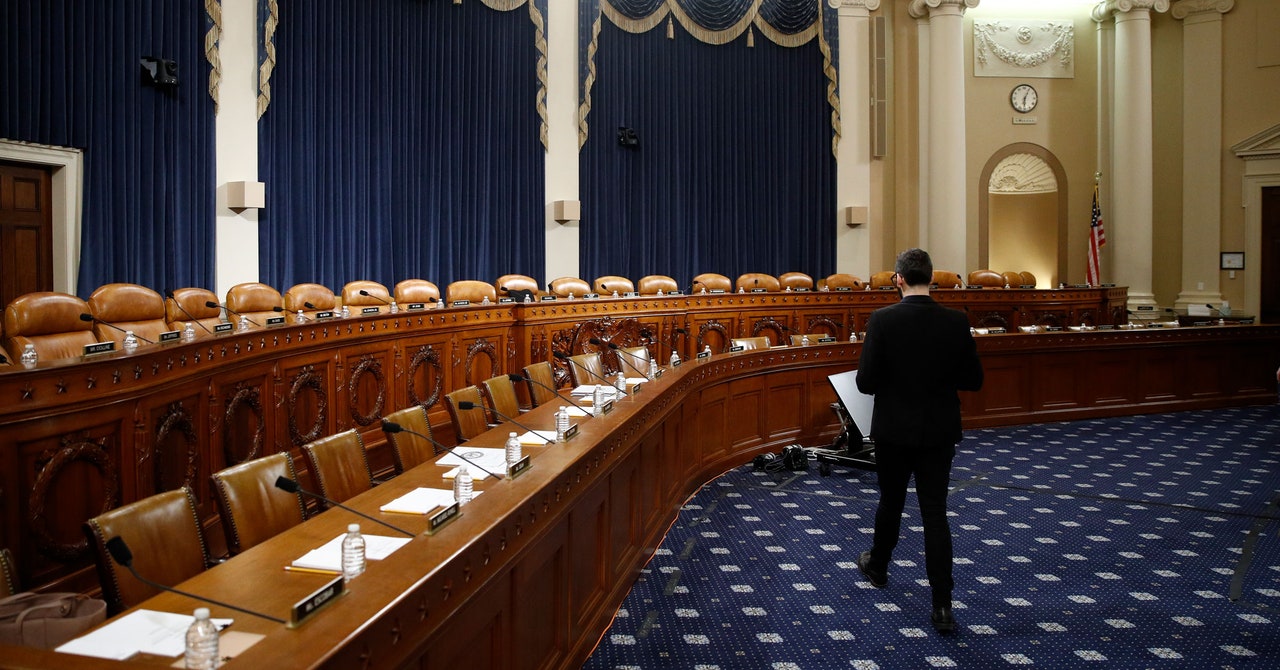
“All of the platforms, every one of them, has acquired small firms by the dozens or even hundreds,” said Herbert Hovenkamp, a leading antitrust expert who has been publicly skeptical of some of the other arguments made against Big Tech. Even Hovenkamp agrees, however, that these so-called “killer acquisitions,” which absorb potential rivals before they grow into the next big thing, are a major barrier to entrepreneurship and innovation. “Everybody knows what’s going on, which is that they’re trying to prevent the emergence of new platforms like themselves.” A concrete question for Congress is whether the laws around these purchases, especially under-the-radar acquisitions of nascent competitors, need to be tightened.
Look to see, also, whether the subcommittee is able to spell out how those acquisitions contribute to Facebook’s more high-profile problems. Facebook might feel more pressure to revise some of its policies on fact checking and hate speech, for example, if it thought users had anywhere else to take their business. Likewise, the legal scholar Dina Srinivasan has argued that while Facebook originally marketed itself as the most privacy-friendly social network, it has been able to gradually renege on its privacy commitments as it eliminates or swallows rivals. Expect Mark Zuckerberg to face tough questions about whether his long-term shopping spree has been aimed at snuffing out the competition—and whether that has been a good thing for Facebook’s users.
Because Google has such a dominant position in so many different areas of the internet economy, the case against it might be both the strongest and the hardest to explain. Google is a dominant player not just in search, but also in digital advertising, cell phone operating systems, navigation, email, video sharing—it’s almost easier to name parts of the internet’s infrastructure in which Google doesn’t play an outsized role. And, like Facebook, the company has built that dominance through a dizzying array of acquisitions, including the likes of YouTube, Android, and DoubleClick. Expect the subcommittee to have plenty to say about those mergers.
The questioning is also likely to focus on the thing that turned “Google” into a verb. In its early days, using Google usually meant searching for something and then clicking a link to another website. But increasingly, businesses and rivals complain that Google has designed its search engine in ways that benefit Google at their expense. Today, ads dominate the top of search results like never before, which puts pressure on companies to pay to be seen. Organic results meanwhile appear to favor Google’s own properties: Google reviews instead of Yelp, YouTube instead of Vimeo, and so on. And the answer box, which pulls information from other websites, keeps users on Google, rather than clicking away, which in turn means more opportunities for them to click on ads.
Speaking of ads, Google’s share of digital advertising, a sector that it dominates along with Facebook, goes far beyond search ads. According to a comprehensive investigation by the UK Competition and Markets Authority, Google has up to a 90 percent share in multiple parts of the digital ad market, including the tools that publishers and small businesses use every time they buy and sell advertising. Remarkably, as annual digital advertising spending grows into the hundreds of billions of dollars, the sector remains almost entirely unregulated—a Wild West in which Google is the sheriff.
What’s the cost of Congress’ laissez-faire attitude? The report found that ad-tech middlemen, of which Google is the largest, take at least a 35 percent cut of all digital advertising spending. Other studies have pegged the ad-tech toll even higher, at 50 or even 60 percent. The question for Sundar Pichai is whether his company is taking that cut because it deserves to, or because it can.
Amazon
A fair bit of the momentum behind the recent Big Tech antitrust push owes itself to a widely read paper published by a law student named Lina Khan called “Amazon’s Antitrust Paradox.” In the paper, Khan argued that modern antitrust doctrine, narrowed since the 1970s by the Supreme Court, was blind to the threat that Amazon’s exponential growth posed to the rest of the American economy and even to American democracy. Specifically, she took aim at the court’s theory that “predatory pricing,” the practice of selling something below market in order to drive out the competition, is economically irrational and therefore never happens. Amazon’s decades-long strategy of selling goods at a loss while rolling up various markets would seem to suggest otherwise.
